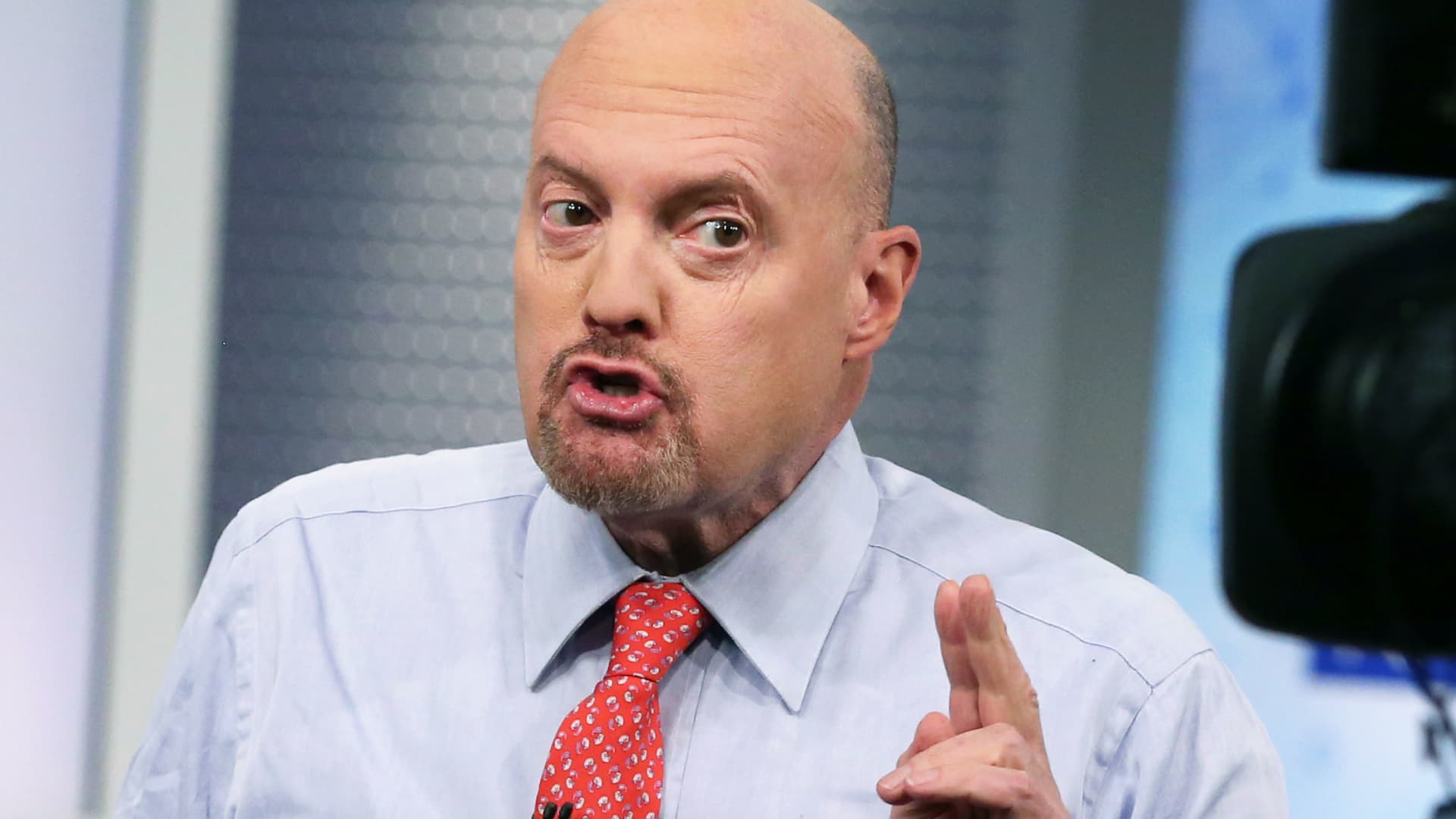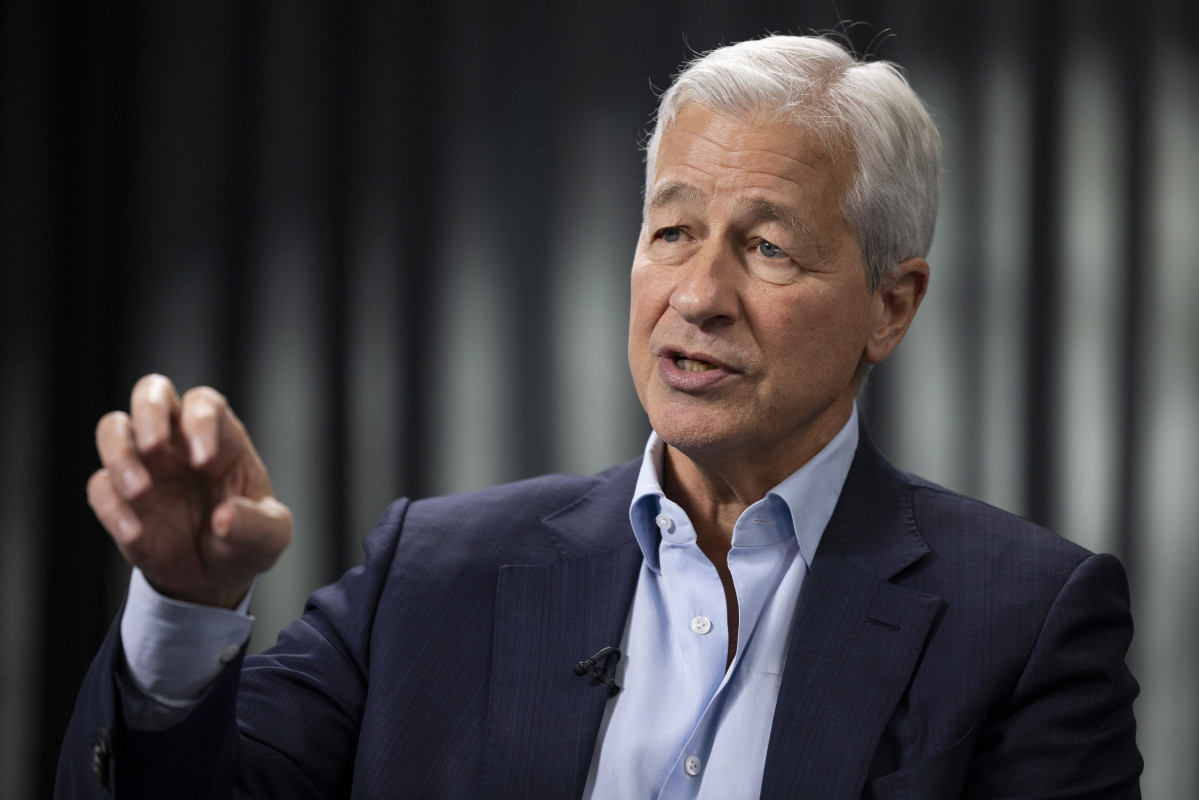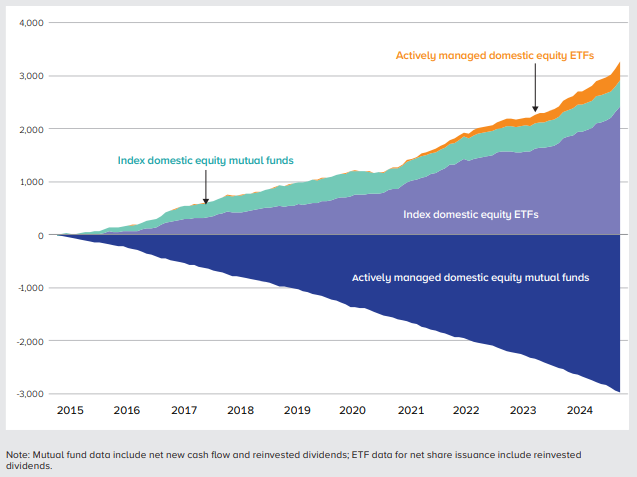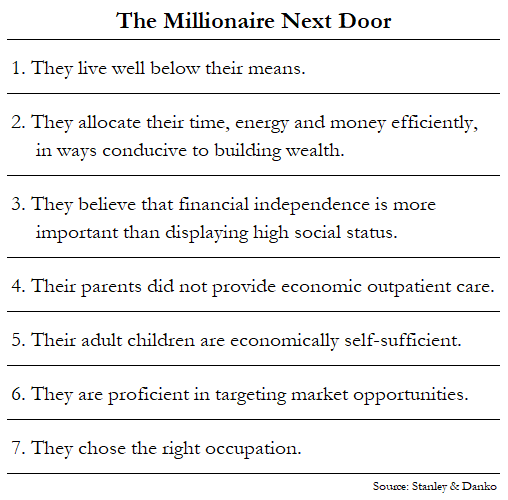Exclusive: PillPack’s founders and an Amazon colleague launch General Medicine—a ‘one-stop’ online shop for medical care
TJ Parker, Elliot Cohen, and ex-Amazon colleague Ashwin Muralidharan, are back with a new startup and $32 million in funding led by Matrix Partners.

When PillPack founders TJ Parker and Elliot Cohen held discussions with both Walmart and Amazon about selling their online pharmacy startup in the late-2010s, the entrepreneurs both envisioned a future where people could shop for medical care online as easily as they shop for everything else.
At Amazon, where they each worked for several years after they sold PillPack in a $1 billion deal despite deep discussions with Walmart, they made some progress but didn’t fulfill their complete vision before leaving the tech giant in 2022.
So since 2023, Parker and Cohen, along with Ashwin Muralidharan—an Amazon colleague who most recently served as chief of staff for the tech giant’s top healthcare exec—have quietly been building an online storefront for medical care that they believe can become the one-stop shop that doesn’t currently exist, the trio disclosed recently in exclusive interviews with Fortune.
And today, the startup and online shop, called General Medicine, is launching publicly, backed by $32 million in funding led by Matrix Partners, where Parker is, and will continue to be, a general partner. Muralidharan, the co-founder, will serve as the startup’s CEO, while Cohen, the other co-founder, is the exec chair. BoxGroup, Founder Collective, VXI Capital, and JSL Ventures have also signed on as investors.
In practice, General Medicine is part-telehealth provider, part-medical concierge, and part-marketplace for browsing and booking medical care or diagnostic testing.
New patients upload their insurance information if they have it and take a short survey about the issue they are experiencing, which creates a customized intake form. If they know exactly what kind of care they are looking for—say an X-ray or blood test, or a visit for a known ongoing issue—they can search or browse for it like they would for any other product on a shopping site. General Medicine will provide them options for care near them, provide estimated pricing for both paying by cash or with their insurance, and allow them to book the appointments right there. (On the backend, appointment bookings may be automated or done by General Medicine staff, depending on integrations.) For many lab tests, the startup has also developed integrations that will populate results within a patient’s General Medicine account when completed. In the e-commerce world that the founders have all known well, this experience would be similar to Amazon’s third-party marketplace, where online shoppers make purchases from third-party merchants.
On the other hand, patients that are experiencing an issue that they need medical guidance on can message or conduct a video chat with the General Medicine’s in-house doctors—the equivalent in current e-commerce of a retailer like Amazon selling its own first-party inventory. Pricing is transparent, for both cash-paying or insurance-covered patients.
The startup’s own doctors are in-network with many large providers including United Healthcare, Blue Cross Blue Shield, Aetna, and Medicare. These doctors will write up care plans for patients and handle necessary referrals to outside specialists if need be.
The goal is to truly become the starting point for just about all medical needs outside of emergencies, while providing patients with the transparency to choose the care that is either most convenient or cheapest for them, whether by cash or insurance, depending on their priorities.
Muralidharan said the startup has done the hard work of integrating with other providers, doing the behind-the-scenes grunt work to make it look like there are automated integrations even when there aren’t, and productized and pursued such a broad selection of medical care and insurance coverage to make the experience as sticky as possible.
“We think that all adds up to an experience that ultimately people will keep coming back to,” the CEO said.
General Medicine makes money like a regular doctor’s office might if a customer conducts a telehealth visit with one of their in-house providers. It will also monetize some of its other services with small fees, like for making it easy to book tests at outside labs and view digital lab results within General Medicine when they are ready.
In the future, TJ Parker said the company could also potentially partner with big consumer AI companies to help customers book or find medical care after they research information through a chatbot.
“Whether we truly integrate with them, I don’t know,” Parker said, “but we would have the capacity to do that.”
Pressed about the competition, Cohen, the co-founder, said that there are a bevy of companies and startups in the space tackling different aspects of what General Medicine is offering, but few to none in his experience that bring all patient needs together in one experience and who aren’t beholden to insurance companies.
“What sucks today about healthcare is that you’re lost in the middle trying to figure out how to piece all these things together,” he said.
General Medicine’s approach does have some similarities to Amazon One Medical Pay-per-visit, formerly called Amazon Care, which is also an online marketplace for medical care services. But General Medicine’s founding team pointed out a few differences: Amazon’s online storefront for medical care doesn’t accept insurance, for one, and also doesn’t facilitate booking appointments for specialists or other doctors in your area if the in-house telehealth doctors aren’t the right fit.
“If you extrapolate to what Amazon Clinic could have been or may still become in the future, there’s a lot of similarities,” Parker said. But as of now, he added, “Ours is a far more fulsome experience.”
This story was originally featured on Fortune.com














































































































































































